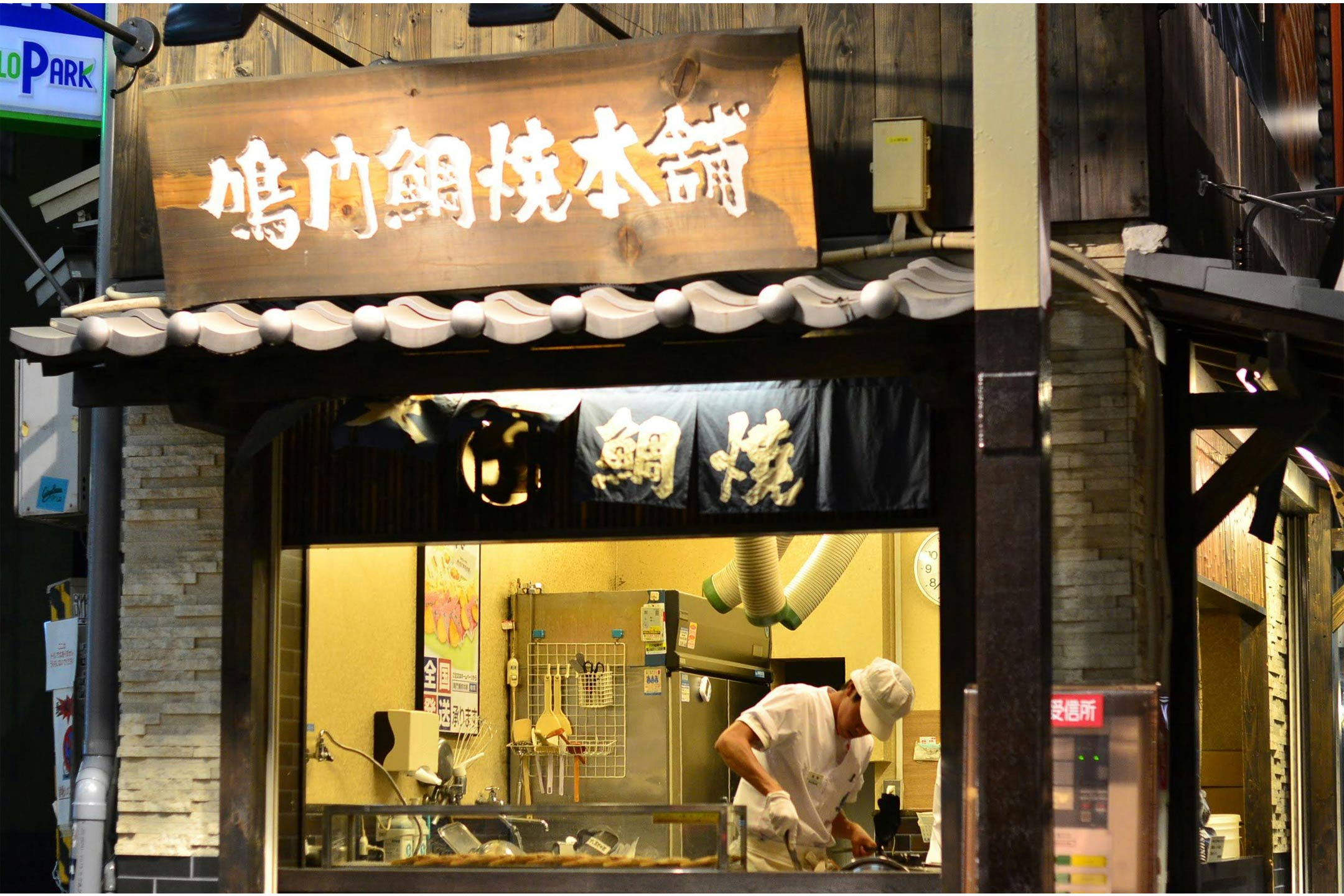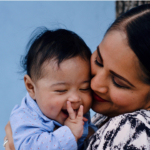
12 Jun Expert Tips: How to Travel Safely with a Food Allergy
Allergy & Anaphylaxis Australia CEO, Maria Said AM, shares her top travel tips to help families “plan well, eat smart and travel safe.”
New data reveals 99% of families with food allergies worry about travelling, experts share how to reduce the risks and build confidence.
Travel should be exciting, not anxiety-inducing. But for the 1.5 million Australians living with food allergies, a new survey by Allergy & Anaphylaxis Australia (A&AA) shows 99% have travel-related fears, and three in four have avoided going away altogether.
To help turn that fear into freedom, Allergy & Anaphylaxis Australia has launched an Australian-first Food Allergy Travel Hub, filled with resources to support safe and enjoyable travel.
1. Plan Well
-
Start early: Do your research ahead of time. The new Food Allergy Travel Hub includes airline policy comparisons, accommodation advice, and destination-specific checklists.
-
Stay somewhere with a kitchen: Having the ability to prepare your own food adds peace of mind and control.
-
Visit your doctor: Complete your ASCIA Travel Plan and ensure all medications are labelled, in-date, and packed in their original packaging, with extras for potential delays.
-
Ease into it: If you’re nervous, start with local trips or a short staycation before trying overseas destinations.
2. Eat Smart
-
Avoid airline food: Always bring your own meals and snacks when flying to minimise risk.
-
Be snack-prepared: Carry safe, familiar snacks—hunger can lead to risky food choices.
-
Use translated chef cards: A&AA’s downloadable allergy cards help communicate your needs clearly in restaurants. They’re available in 21 languages, including Japanese, Thai, French and Spanish.
3. Travel Safe
-
Carry multiple adrenaline devices: Pack at least two (three for overseas travel), plus your ASCIA Action and Travel Plans.
-
Keep them accessible: On flights, store adrenaline devices in carry-on bags under the seat, not overhead lockers. When out and about, always have them with you.
-
Have an informed travel buddy: Make sure someone you’re with knows how to recognise a reaction and use an adrenaline injector.
-
Know local emergency details: Research the nearest hospitals, save emergency numbers to your phone, and keep key phrases translated and ready.
Be prepared—not paralysed by fear
“While we can’t guarantee total safety, there are many practical steps people can take to reduce their allergy risk and enjoy travelling,” says Maria Said. “Having a plan, staying prepared and taking precautions can make all the difference.”
Find more support at the Food Allergy Travel Hub here
Free resources include travel insurance tips, international chef cards, first-aid plans, emergency phrases, and destination-specific checklists—whether you’re camping in Queensland or heading to Tokyo.




